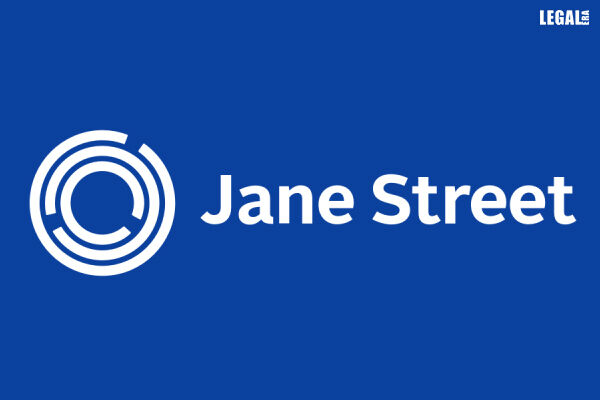
Jane Street To Litigate SEBI Ban On Accusations Of Manipulation
The market regulator has barred the US high-frequency giant from trading
Jane Street, the proprietary trading firm, has stated that it will contest the ban by India’s Securities and Exchange Board of India (SEBI), which accused the firm of market manipulation through index arbitrage trading.
SEBI has barred the firm from buying and selling securities in the Indian market and seized $567 million of its funds.
The US capital market company said it was “disappointed” by the “extremely inflammatory” accusations from SEBI and was working on a formal response.
The Indian markets regulator alleged that Jane Street bought large quantities of constituents in India’s Bank Nifty index in the cash and futures markets to artificially support it in morning trade. It was simultaneously building large short positions in index options that were exercised or allowed to expire later in the day. SEBI tracked Jane Street’s trading patterns for over two years, widening its investigation to include other indexes and exchanges.
For the past three years, India’s derivatives market has had explosive growth as retail investors swarmed in and is now the world’s largest. However, it also led to losses for many investors, which became a concern for regulators.
Meanwhile, Jane Street has been seeking Indian law firms for its upcoming battle with SEBI. It could soon file an appeal with the Securities Appellate Tribunal (SAT), as is the norm. It stated that “arbitrage trades were a core and commonplace mechanism of financial markets that keep the prices of instruments in line.”
However, SEBI maintained that its activity was “prima facie manipulative”, which disregarded the role of liquidity providers and arbitrageurs in markets.
Jane Street also rejected SEBI’s claims that it failed to respond adequately to the regulator’s concerns. It stressed that the firm’s executives met with regulators and exchange officials multiple times.
“Once again, we left this process feeling that we had reached an understanding of the concerns and reflected them in modifications to our trading behaviour. Since February, we have made ongoing efforts to communicate with SEBI and have been consistently rebuffed,” it added.